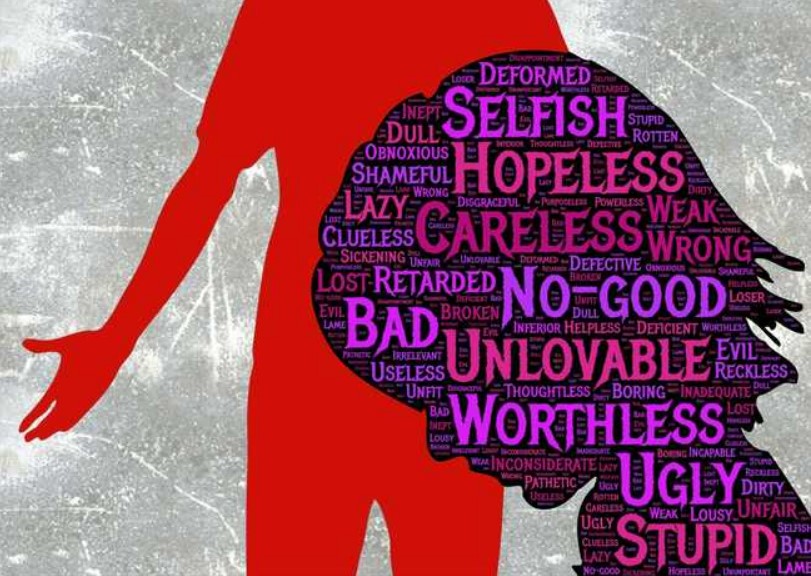How Often Should I Go to Therapy? Is Once a Week Enough?
Did you know that over 59 million people in the United States regularly attend therapy? Therapy no longer has the negative stigmas that it used to have. As such, more people than ever are getting the help they need for their mental health. If it’s your first time seeing a therapist, then you likely have lots of questions going through your mind.
One of the most popular ones is, How often should I go to therapy? While there is no one-size-fits-all answer to this question, there are some general guidelines you can follow. Luckily, we’ve organized them all in this article so you have an idea of how often you should be seeing your therapist. Let’s get started!
How Often Should I Go to Therapy?
The answer to this question depends on a variety of factors. Things like the condition you’re treating, the severity of the condition, and personal events happening in your life. Some types of therapy offer more long-form meetings or group/couple therapy. Others utilize more frequent sessions throughout the week.
The most common type of therapy model is known as cognitive-behavioral therapy. This type of model usually includes weekly, forty-five-minute sessions that last for a few months.
However, the most common option isn’t always the best one. Depending on your needs and the facility center you choose, you might require something more personalized. Let’s explore some of the other popular options when it comes to therapy scheduling options.
What Are Some of the Popular Therapy Scheduling Methods?
It’s important to remember that you don’t need to decide on a therapy scheduling option on your first visit. After an assessment and screening process, you’ll have your first appointment.
Your first appointment is for getting to know your therapist, discussing your mental health, and for deciding if you feel comfortable around them. If it seems like a good fit, then you can discuss how often you should see each other. Here are some of the popular options regarding the frequency in which patients see their therapists:
- Weekly sessions
- Biweekly sessions
- Multiple sessions in one week
- As-needed sessions
1. Weekly Sessions
A weekly session is a great place to start when beginning therapy. Generally, most patients will start with this frequency, then increase or decrease as needed. A weekly session is ideal for people who want to build skills related to things like mindfulness, coping, and communication.
It’s also good for people working through a specific type of problem. For example, trauma, anxiety, depression, grief, and divorce as some popular reasons for weekly sessions. Finally, weekly sessions are important for breaking through old behavior and reprogramming your brain. The frequency of the meetings with a neutral party allows you to recognize patterns in your behavior and thoughts.
2. Biweekly Sessions
Biweekly sessions might seem excessive, but this simply isn’t true. The reality is that sometimes weekly meetings can feel like a consultation instead of an exploratory relationship. Often you’re only able to discuss one area or thing that happened to you. Therapy twice a week on the other hand allows you to go much deeper.
We recommend this option for people who want to take the skills they’ve learned in therapy and apply them to their life in a more practical way. It’s all about taking the inner work and make it applicable in the real world.
3. Multiple Sessions in One Week
Multiple sessions in one week are typically used for people in a state of crisis. This can arise in a lot of forms. One common reason is that your mental health is preventing you from going/functioning in school and work.
It’s also important for people whose safety is in question. Keep in mind that multiple sessions aren’t reserved strictly for people in a state of crisis. It’s also ideal for people experiencing a big transition or change in their life. Multiple sessions can help individuals in these circumstances stay healthy and supported.
4. As-Needed Sessions
As-needed sessions are typically reserved for people who have been in therapy for a while. They’ve dealt with many of the initial problems that occurred when they started therapy. However, they’ve also developed a close relationship with their therapist that they don’t want to end. These types of sessions are much more flexible.
They allow you to address issues in your life whenever they come up. However, be careful about committing to the as-needed sessions too quickly. It’s difficult to be proactive about serious mental health issues when you aren’t confronting them every week.
How Long Do I Need to Stay in Therapy?
Many patients are eager to find out how long their treatment will take once they enter therapy. Unfortunately, there’s no exact answer to this answer since it depends on the severity of your condition and the status of personal progress. Indeed, some people will need regular therapy for the rest of their lives.
However, one study found the between twelve and sixteen sessions were usually enough for the average person to experience positive change in their life. However, an ongoing exploration of the following conditions can require quite a lot more time:
- Trauma
- Depression
- Anxiety
- Substance abuse
- Psychotic disorders
- Personality disorders
- Eating disorders
Do You or a Loved One Need Help? Contact Solara Mental Health
We hope this article helped you answer the question, How often should I go to therapy? As you can see, there’s no simple answer to these questions. It depends on a variety of factors that are specific to each individual. However, generally speaking, once a week is a good place to start. The next step is to find a reputable therapist who you can trust.
So how do you find one? If you live on the Southern Pacific Coast, then look no further than Solara Mental Health. For over fifteen years our psychiatric center has been helping those with mental illnesses.
We do this by using a philosophy that combines progressive psychotherapy with holistic life practices. If you’re interested in learning more, then make sure to get in touch with us today.






